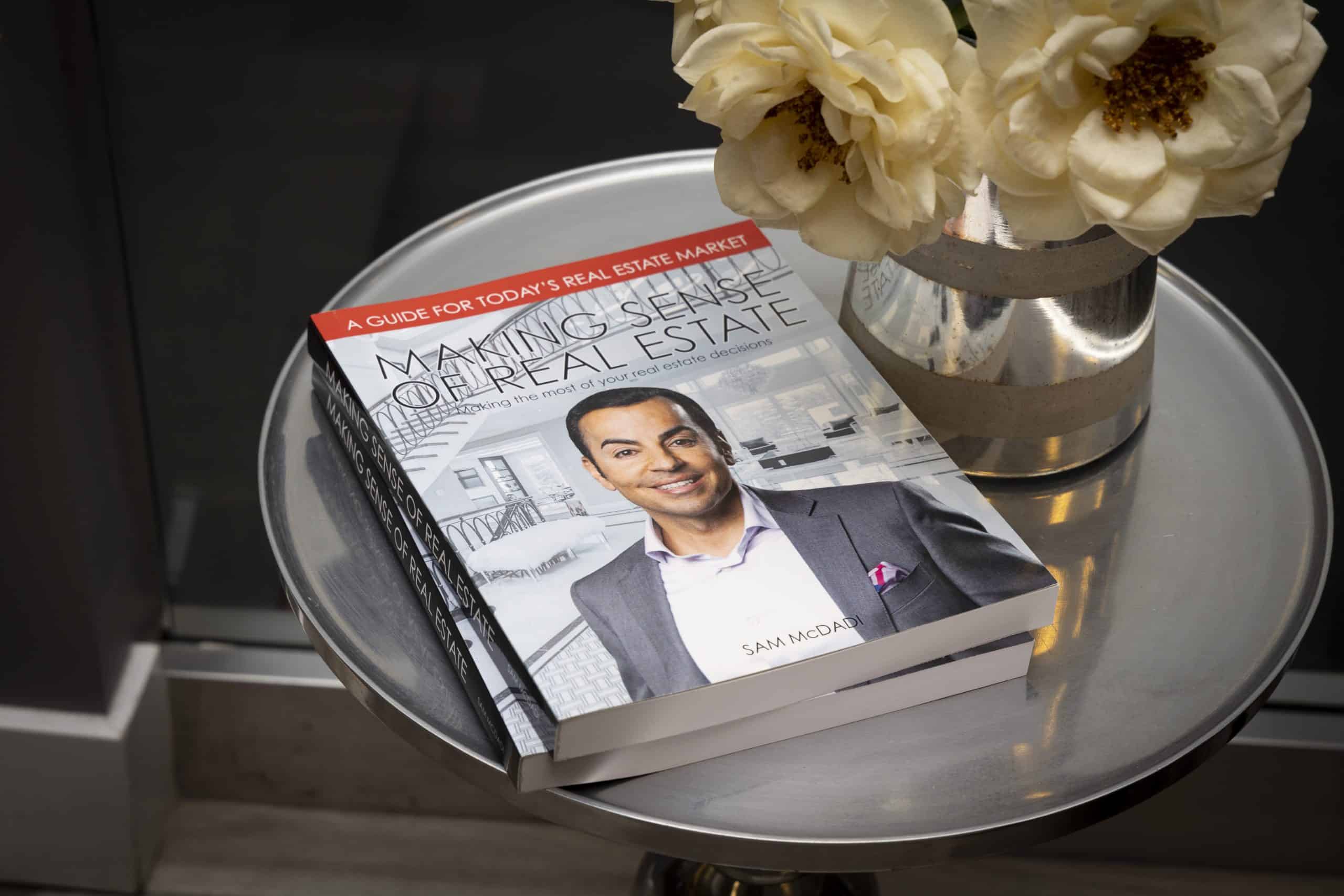A New York Home Is No Longer a Dream For Many Chinese Buyers


Photo: Diane39/Getty Images/iStockphoto
Not long before the COVID-19 pandemic began savaging the world in March 2020, Steven Jiang, who lives in Ningbo, a coastal city in Southeast China, was thinking of buying a house in New York City. The father of two, who made a good living as the owner of a transportation company, wanted to do what many upper-class Chinese parents have: He planned to move his family to the U.S. in a few years so his preteen daughters could attend American boarding schools. So he contacted a New York City broker whom a friend had introduced him to before the pandemic.
But that summer, the friend, who had lived in New York for two years, fled back to China. He told Jiang it was prompted by what seemed to be a losing war against the virus in the U.S., the riots accompanying the Black Lives Matter protests, and the rise in violent attacks on Asian Americans. Now Jiang has postponed his plans to buy in the city. “The pandemic has revealed a lot of negative characteristics about the U.S. that I hadn’t realized before,” he said.
For the past six years, house hunters like Jiang have made China the top international source of U.S. home buyers. But this year, the Chinese dropped to third place, after Canadians and Mexicans, according to the annual survey of foreign home purchases released by the National Association of Realtors (NAR).
Although New York is still one of the top three locations in the U.S. for Chinese buyers, the real-estate business is taking note of their waning interest. “I had many potential clients at the beginning of the pandemic, and then, they all dropped off,” said Chloe Ren, founder of the Chloe Ren Group, a high-end-properties agency in New York that specializes in Chinese buyers. While the anti-immigrant rhetoric of the Trump era and pandemic travel restrictions discouraged foreign buyers in general (the NAR survey showed that the proportion of foreign buyers dipped by 31 percent last year), Ren said that’s not the whole story for Chinese buyers.
Just ask Yi Luan. At the start of the pandemic, the Beijing native, who first came to the U.S. to attend New York University, had already worked in New York for four years and was planning on buying an apartment in the city. But last autumn, she packed up her things and moved back to Beijing for good. In a blog entry that went viral in China, Luan detailed many reasons for her decision, including Americans’ refusal to mask up, Trump’s proposed ban on the Chinese social-media platform WeChat, and the extremely long wait for a green card. “When I went to study in the U.S., the distance between the two countries was like 100 versus 70, and now it is like 100 versus 90,” wrote Luan. “To sacrifice so much to stay in the U.S. only for that ten-point difference is really not worth it.”
For people living in China, these negative perceptions of the U.S. can be even more stark. “Chinese media play up both American anti-Asian sentiment and gun violence,” said Georg Chmiel, a co-founder and group executive chairman of Juwai IQI, a property tech portal that promotes global properties to Chinese buyers. The news is especially alarming in a country where private gun ownership is banned and anti-Asian attacks don’t happen with any frequency. “Personal safety is an important criterion for Chinese buyers, more so even than for those from other parts of Asia,” Chmiel added. Perhaps the most concerned group? Parents. “Families concerned about safety might send their children to study in Singapore, Australia, or the U.K. instead of in the States,” Chmiel said. And that would make a significant difference, given that China is the largest source of foreign students in the U.S., totaling 372,000 before the pandemic. Some parents have bought properties for their children while they are still toddlers.
Fearing that Chinese buyers will be missing for some time, some developers have changed tactics. Strategic Capital, an affiliate of a Chinese government corporation, along with American developers Cape Advisors and Forum Absolute, initially promoted Greenwich West, a 169-unit luxury condo in Greenwich Village, to Chinese buyers in 2018. But it has completely focused on selling to American residents ever since. This strategy paid off, with half of the building expected to be sold mainly to locals by the end of the summer (only ten units sold to Chinese buyers). “We are a Chinese company. We understand the Asian buying market,” said Phillip Gesue, the chief development officer for Strategic Capital. “But at the end of the day, this project is really a Soho–Tribeca–West Village project.” He doesn’t expect buyers from China to come back to the New York market anytime soon. “That’s over,” Gesue said.
It was just over a decade ago, in 2009, when the mere presence of Chinese home buyers was an event unto itself. When SouFun, a major real-estate internet portal in China, brought 21 Chinese billionaires on a house-hunting tour throughout the U.S., they visited six cities in a ten-day blitz, searching for bargains left behind by the 2008 financial crisis, and were hounded by reporters on every leg of their trip.
The buying spree really picked up in 2014, when the U.S. began granting ten-year tourist visas to Chinese citizens instead of one-year visas. Meanwhile, Chinese developers and investors made headlines purchasing marquee buildings in New York, like Fosun’s $725 million purchase of One Chase Manhattan Plaza in 2013 and Anbang’s $1.95 billion takeover of the Waldorf Astoria in 2015, a record high for an American hotel. But when Beijing tightened its restrictions on money going out of the country at the end of 2016, Chinese developers began to sell off their properties. Others were forced to default on their loans and faced foreclosure.
Still, until COVID hit the U.S., individual Chinese buyers found ways to bypass the currency curbs, and they spent $11.5 billion purchasing 18,400 homes in 2019, more than buyers from any other country. Unlike the pioneers in the early 2010s, who would spend $10 million or more in cash on a beacon property to raise their social status, the buyers in this current wave are more likely to be part of the global elite, people who have studied in the U.S. and may be working as executives of Chinese companies listed in the stock market here, said Daniel Chang, head of Asia for the Field Team at Sotheby’s International Realty. For them, an American home is less a status symbol than a practical investment. But last year’s events and unrest has tamped down a lot of that enthusiasm.
If Chinese buyers no longer come, some Chinese Americans won’t miss them. “They were so aggressive before 2018. They pumped up prices of the land by at least 30 percent,” said Bentley Zhao, chairman of New Empire, a New York development company founded by his immigrant father in 1997. The company has lost out a few times when it was bidding against Chinese investors for land in Manhattan. “They seemed to have endless cash,” said Zhao. “We use our own money. We couldn’t afford the bidding war.”
But it isn’t just Chinese American developers who are relieved. According to Tarry Hum, the chair of the Department of Urban Studies at Queens College, it’s clear that Chinese developers and home buyers both have transformed Chinese immigrant neighborhoods in New York like Flushing, Manhattan Chinatown, and Sunset Park with luxury towers, malls, and other projects. What resulted, she said, was “hypergentrification.” “One day Prince Street just had mom-and-pop noodle storefronts, and the next day it was brand-new upscale businesses that sold a lot of fancy bubble teas and pastries, and the affordable noodle shops were gone,” said Hum. “It feels like this is part of the development vision — that Flushing is going to cater to a global elite.”
Steven Jiang, the businessman from Ningbo, is not aware of such tensions. He still thinks his daughters may one day come to study in the U.S. But as for buying a New York home, he might wait until they are actually attending college. “I might buy them apartments then,” he said. “Who knows what the market will be like years later? And who knows what America will be like?”


:format(jpeg)/cloudfront-us-east-1.images.arcpublishing.com/tgam/O7HV662XA5KU7M7ALPVUWEKOFQ.jpg)

